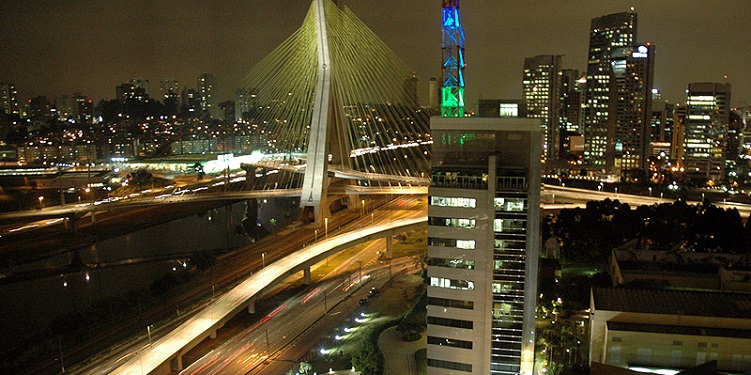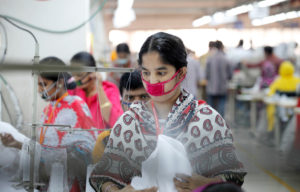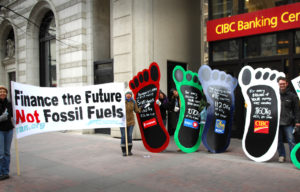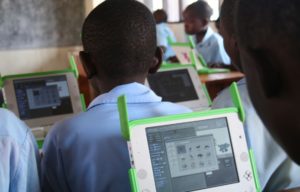
Photo: Downing Street / CC BY
When Political Action Leads To Equality
In Ghana the population increasingly benefits from the country’s oil revenue and in Latin America millions of poor people have been lifted into the middle class.
Share
Other categories
In both cases political action has lead to greater equality in society. Wealth has always been there — it has just been unequally apportioned.
Some of the countries that used to be the world’s poorest have undergone a development, so that now they have politicians who are working to benefit everybody with public welfare instead of just the few.
Historically, Africa’s extractive industry and the accompanying money flow have only favoured the few, but since Ghana entered the oil industry the country has set new standards. Based on 100 years of gold mining, the country had bad experiences with an unequal division of the country’s resources. Therefore the recent law, ‘Petroleum Revenue Management Bill’, is a good example of how goal-oriented regulations can change previous conventions and increase common wealth. In brief, the law ensures that the turnover from the oil industry is registered, distributed and invested in Ghanaian society. In 2011, the country’s oil industry contributed 4% of public expenditure — including infrastructure.
In Latin America, too, inequality has decreased significantly — an inequality that has been notorious for the region. Part of the solution has been increased taxes and investment in welfare, such as schools, health and the introduction of minimum wages. Since 2002, 50 million people in Latin America have moved from being poor to being middle class. This means that for the first time in the region, more people belong to the middle class than live in poverty.
Brazil especially has been successful in reducing inequality. There is still a long way to go before Latin America can be said to fulfil its full economic potential and the democracies are still vulnerable. However, the positive trends show that the problems that used to seem insoluble can actually be solved through political action. Read more about the good examples her (pdf).
Source: 178 Oxfam Briefing Paper. 20 January 2014.







